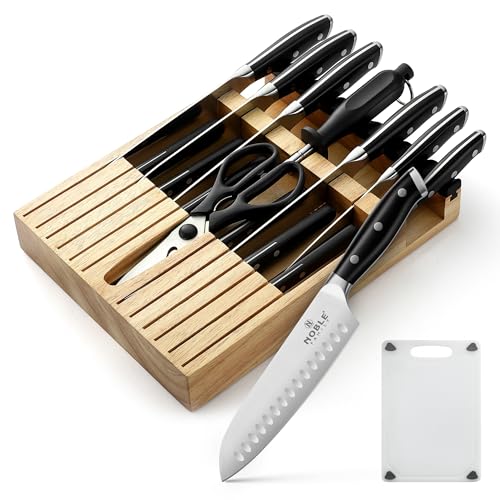Are there any advantages to using oil over water for sharpening? Curious, since I've only used water for sharpening.
I've used oil on all sorts of natural stones, though admittedly never on a synth waterstone. Probably just because I kinda assumed they had been speciically designed for use with water, and so no point experimenting with something that wouldn't work as well. I find it interesting that Shapton reckon otherwise.
Anyway, the following are generalisations in regard to various natural stones I've played around with it on. There are exceptions to these observations:
If used without a slurry raised oil generally makes a stone a little faster, and also more often than not - finer finishing too. In essence for sharpening work - oil is probably better than water.
However the speed benefits of oil can be negated in the case of stones that cut on slurry. Using a raised slurry or trying to generate a slurry with oil is usually much more difficult or impossible.
Because of the above, almost no stones polish well with oil.
Oil might be more difficult to use than water on harder or finer stones.
For particular types of stones that cut because of their surface structure and porosity, use with water will clog them more quickly than oil.
And quite a significant one, which I hadn't really noticed or thought about until the other day... water is considerably more thermally conductive than oil. And it's cold at the moment; if you try sharpening for any moderate length of time with unheated tap water during the winter your hands will go numb and you'll have to stop. I did 8 hours straight earlier this week on what I believe was the coldest March day in the UK for 10 years, and I was very pleased indeed that I had a Washita for it.
























